Our 3rd year at #EBDVF2024
And here is a glimpse of our experience!
On October 3rd, Circular TwAIn sponsored an impactful session at the European Big Data Value Forum 2024 (EBDVF) in Budapest, titled “The Role of Manufacturing Data Spaces in the Implementation of Digital Product Passports”. Organised by POLIMI and chaired by Sergio Gusmeroli, the Project’s Technical Manager, the session brought together industry experts to explore innovative solutions for a sustainable, data-enabled manufacturing ecosystem.
The session focused on discussing and developing a convergence framework between Manufacturing Data Spaces and Digital Product Passports (DPPs) to support circular economy practices. The focus was on bridging the gap between traditional B2B manufacturing linear value chains and the emerging requirements and regulations for circularity. This includes addressing transparency, traceability, and trust.
A highlight of the session was the participation of Davide Dalle Carbonare from Engineering Group, the organisation coordinating the Project, who presented a concrete example from Circular TwAIn with a talk titled "Circular TwAIn and the Convergence between Data Spaces and Digital Product Passport: the Battery Re-manufacturing Pilot". This presentation showcased the industrial pilot in the battery re-manufacturing sector and illustrated how Circular TwAIn integrates Data Spaces and DPPs to enhance sustainability while addressing regulatory requirements. The pilot case underscores how data can be used to ensure trust, transparency, and traceability, which are crucial for the circular economy.
The event also provided a platform for collaboration with other important projects in the field. Santiago Muiños Landin from AIMEN presented DaCapo, while Oscar Lazaro from INNOVALIA introduced CIRPASS 2. The discussion centred on how these projects address the challenges of integrating Data Spaces and Digital Product Passports to comply with new circularity regulations. Conversations with these representatives helped to deepen our understanding of best practices, potential obstacles, and the necessary steps to establish a shared framework that benefits businesses, regulatory bodies, and consumers. The session’s collaborative spirit fostered a constructive debate that contributed to advancing the role of data and digital solutions in the circular economy.
The panel addressed critical challenges in Circular Manufacturing Data Spaces, such as:
Fragmentation, avoiding silos in sectors like Battery and Textile, is crucial for integration.
New Stakeholders introduced by DPPs like authorities (customs, anti-fraud) and consumers into B2B supply chains; this integration is needed without disrupting existing data flows in current value networks.
Leveraging existing systems and avoiding reinventing DPP ecosystems using existing architectures and tools (brownfield integration).
SME Adoption by providing supportive ecosystems with Extended Producers’ Responsibility schemes, which may be vital for competitiveness.
Written by: Engineering Group




